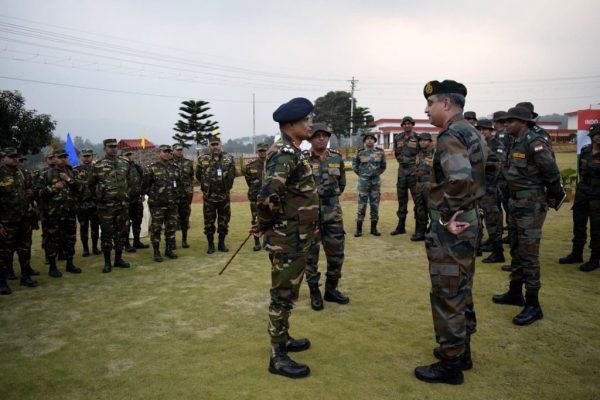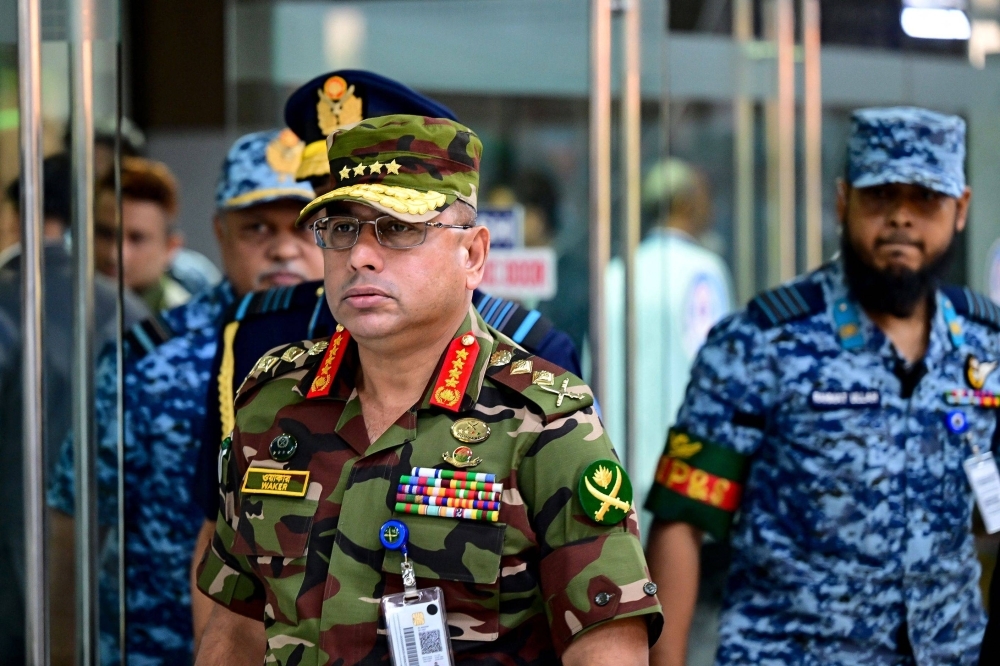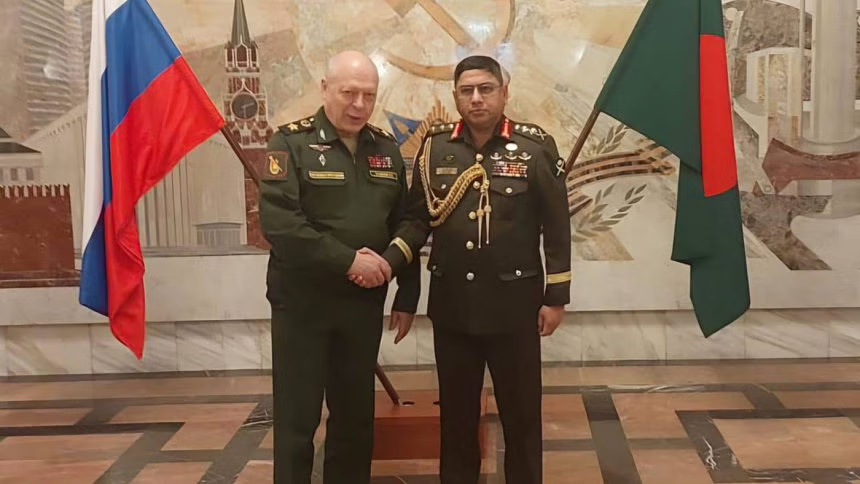Introduction
While India remains focused on its volatile western borders following the Pahalgam tragedy of April 22, a quiet but significant geopolitical transformation is unfolding in the east. At the center of this shift is Bangladesh’s Army Chief, General Waqar uz Zaman, whose recent outreach to Russia could hold strategic dividends for India. As the region grapples with radicalism, shifting alliances, and power vacuums, Zaman’s Moscow visit signals a recalibration that may ultimately benefit New Delhi.
Bangladesh’s Political Unrest and Strategic Drift

Bangladesh is currently under the control of an interim government led by Mohammed Yunus, following the ouster of Prime Minister Sheikh Hasina, who fled to India. The political upheaval has been compounded by the rise of radical Islamist forces and increasing military influence. With the Awami League banned and the police force weakened, the army stands as the last secular institution resisting extremist forces.
Amid growing rumors of a coup and internal dissent within the military, General Zaman’s official visit to Russia on April 7 carried immense symbolic weight. He met with Russian Deputy Defence Minister A. Fomin and Army Chief Oleg Salyukov, as well as executives from major defense firms like Rosoboronexport and Rosatom. His visit coincided with Russian warships docking at Chattogram — a first in 50 years — signaling deepening military ties.
Reading Between the Lines: A Coded Signal
This move can be interpreted as a three-pronged strategy. First, it signals a challenge to Yunus and underscores the army’s growing political authority. Second, it counters Chinese dominance in Bangladesh’s defense market — currently at 70% — by inviting a new supplier. Third, it reflects Dhaka’s interest in diversifying its foreign ties and maintaining strategic autonomy, rather than becoming a pawn in the US-China rivalry.
With Yunus cozying up to China — securing over $2 billion in investments and advocating for Bangladesh as a “gateway” to India’s Northeast — India responded by canceling a critical transshipment agreement. The interim regime has also opened doors to Pakistan and Turkey, further straining Dhaka’s ties with New Delhi.
India, Russia, and Bangladesh: A Triangular Opportunity
India and Russia share a deep history of defense and diplomatic coordination, particularly concerning Bangladesh. During the 1971 Liberation War, Moscow supported India and the Mukti Bahini against Pakistan. Today, this partnership continues with the Rooppur Nuclear Power Plant project, which involves Indian collaboration despite sanctions on Russia.
Supporting Zaman’s overtures toward Russia allows India to check the rise of radicalism in Bangladesh without direct interference. As Zaman increasingly confronts Islamist elements — some allegedly embedded in the military — Russia’s entry can offer the Bangladesh Army both material and diplomatic support to withstand these pressures.
Strategic Autonomy and the Bay of Bengal Balance

Russia’s pivot to the Global South has found new footing in South Asia, with Bangladesh as a potential anchor. Unlike Cold War alliances, this new cooperation can foster multipolarity, balancing China, the US, and emerging Islamic blocs. The region’s stability, particularly in the Bay of Bengal, will hinge on whether moderate, pro-democratic institutions like the army can maintain control and preserve a secular state model.
For India, a Russia-leaning Bangladesh Army offers an opportunity to build indirect influence while maintaining plausible deniability. It also ensures that China’s unchecked access to the Bay of Bengal is curtailed, and Islamist incursions are kept in check.
Conclusion
Bangladesh stands at a strategic crossroads. As General Zaman faces growing domestic and ideological threats, his outreach to Russia is more than symbolic — it’s a survival strategy. For India, supporting this move, even implicitly, may be the most pragmatic way to protect its eastern flank. In this new geopolitical matrix, old partnerships with Russia could serve as the ballast India needs to maintain balance in an increasingly turbulent neighborhood.
Related Read: India-Russia Defence Cooperation: What the 2025 Naval Drills Mean









